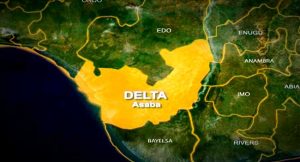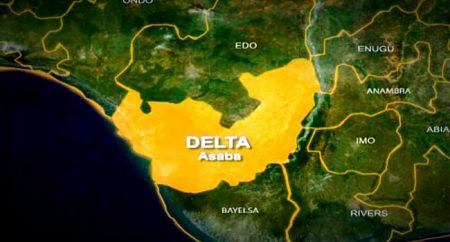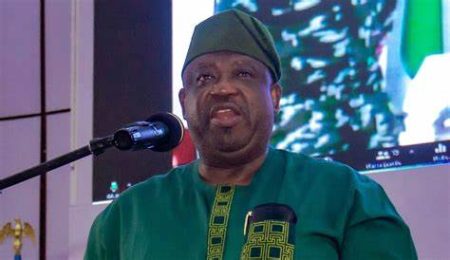Nigeria’s Dependence on China: A Looming Economic Threat
Nigeria’s heavy reliance on China as its primary source of imports has raised serious concerns among economists and trade analysts. This dependence creates significant vulnerabilities for the Nigerian economy, potentially exposing it to shocks stemming from disruptions in China’s supply chains. The COVID-19 pandemic served as a stark reminder of this risk, demonstrating how global events can rapidly impact Nigeria’s access to essential goods and trigger inflationary pressures. Diversifying import sources is crucial to mitigate this risk and enhance the resilience of the Nigerian economy. This necessitates strategic efforts to foster trade relationships with other countries, reducing the overreliance on a single partner. The current import structure, heavily skewed towards China, necessitates proactive measures to broaden the range of import partners.
The dominance of China in Nigeria’s import landscape is evident in the latest trade data. China remains Nigeria’s largest import partner, followed by India, the United States, the Netherlands, and the United Arab Emirates. Key imports include gas oil, motor spirit, petroleum products, crude cane sugar, and durum wheat. This concentration of imports from China exposes Nigeria to significant risks. Any disruptions in China’s production or supply chains, whether due to geopolitical events, natural disasters, or economic shifts, could severely impact Nigeria’s access to these vital commodities, leading to price hikes and potential shortages. This vulnerability underscores the need for a more diversified import portfolio.
While Nigeria’s exports are primarily directed towards India and the Netherlands, these exports are largely concentrated in crude oil and mineral-related products. This dependence on natural resources for export earnings further exacerbates Nigeria’s economic vulnerability. Diversification of the export base is essential to build a more resilient and sustainable economy. Promoting value-added exports and developing other sectors, such as manufacturing and agriculture, would reduce reliance on volatile commodity markets and enhance Nigeria’s global competitiveness. The overreliance on crude oil exports leaves Nigeria exposed to fluctuations in global oil prices and limits the country’s potential for broader economic growth.
The outlook for the Nigerian economy is mixed, with projections for moderate GDP growth and persistent inflationary pressures. Crude oil prices are expected to remain relatively stable, but the country’s fiscal position remains a concern. Low revenue generation, particularly from the oil sector, coupled with high debt levels, poses a significant challenge to macroeconomic stability. Addressing these fiscal imbalances is critical to ensuring sustainable economic growth and reducing vulnerabilities. This requires implementing sound fiscal policies, enhancing revenue collection, and managing debt levels effectively.
Small and Medium Scale Enterprises (SMEs) in Nigeria face significant challenges, including high operating costs and an inability to pass these costs on to consumers. This precarious situation underscores the need for targeted support to boost the SME sector, which plays a vital role in job creation and economic development. Providing access to finance, improving infrastructure, and creating a more conducive business environment are crucial steps to support the growth and resilience of SMEs. The struggles faced by SMEs highlight the broader economic challenges and the need for structural reforms to foster a more robust and inclusive economy.
Investors looking to invest in African markets, including Nigeria, should carefully consider several factors. Understanding the political ideology of the ruling class, assessing political stability, and evaluating the long-term inflation rate outlook are crucial elements of due diligence. These factors can significantly impact the investment climate and the potential returns on investment. A thorough understanding of the political and economic landscape is essential for making informed investment decisions and mitigating risks. Furthermore, recognizing the unique opportunities and challenges presented by each African market is vital for successful investment strategies.














